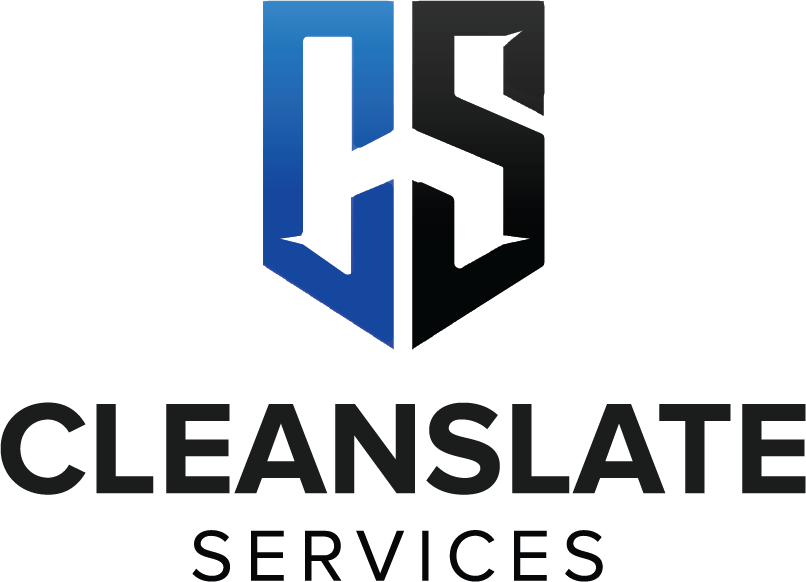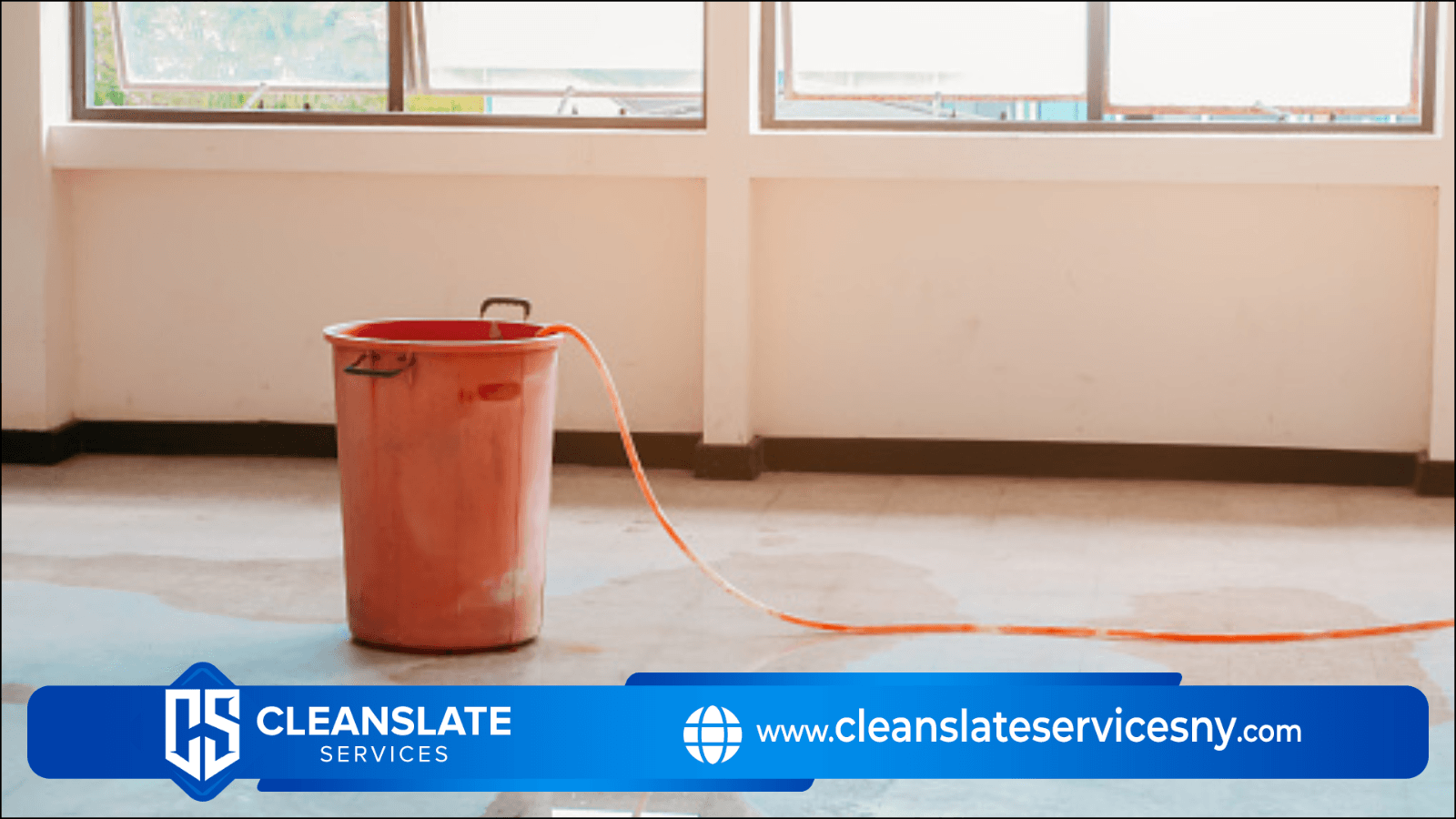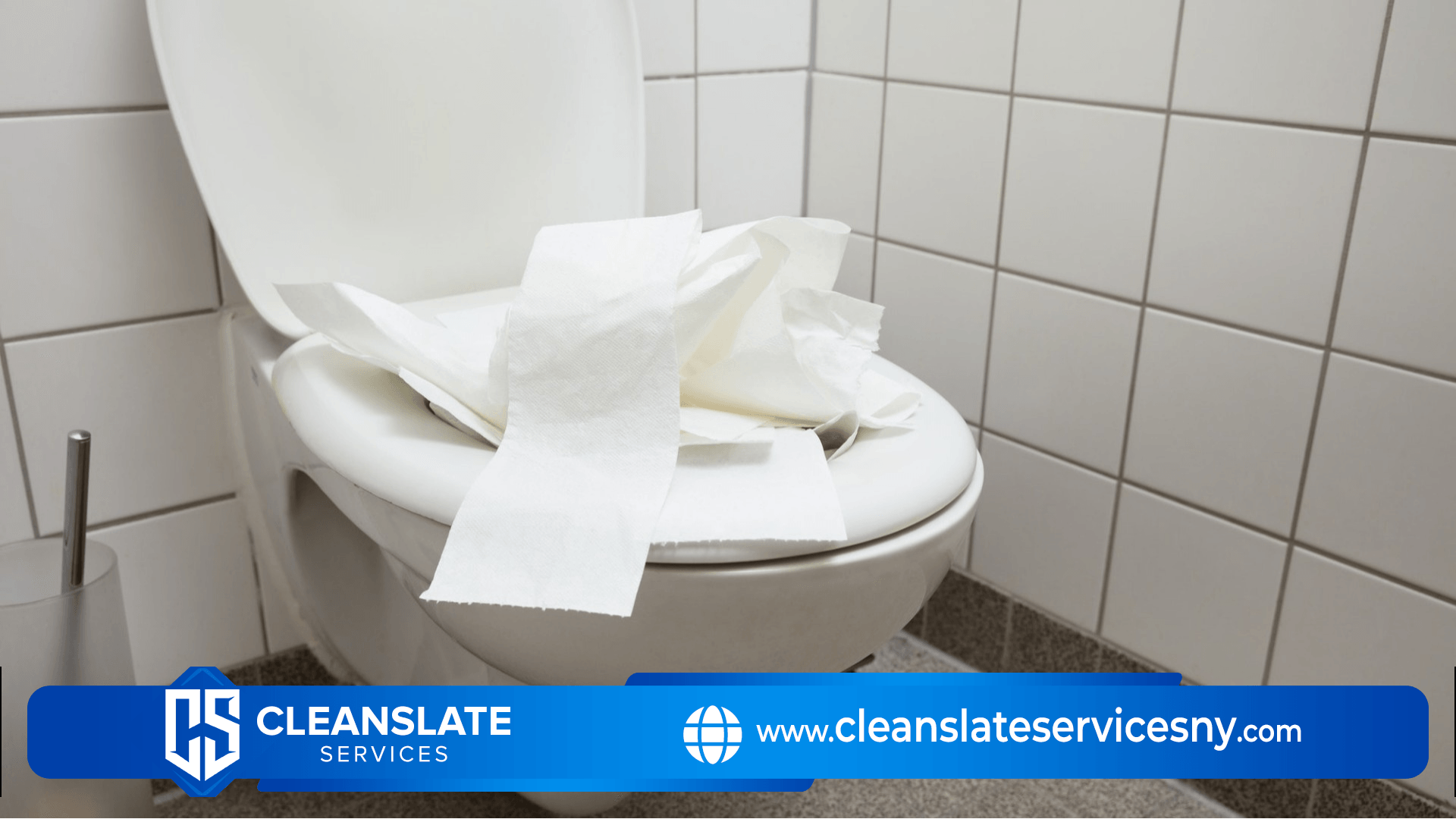Flooding is one of the most common and costly natural disasters in the United States. According to the National Flood Insurance Program, floods cause an average of $8 billion in damage each year. And while you can't control the weather, there are steps you can take to minimize the risk of flood damage to your home.
1. Know Your Flood Risk
The first step in protecting your home from flooding is to understand your risk. Check the FEMA website to see if you live in a high-risk flood zone. If you do, it's important to have flood insurance; even just a few inches of water can cause tens of thousands of dollars in damage. If you don't live in a high-risk area, you may still be at risk for flooding; more than 20% of all claims paid by the National Flood Insurance Program are for properties outside high-risk areas.
2. Elevate Important Items
If you live in an area at risk for flooding, it's important to elevate key items in your home such as your electrical panel, water heater, and HVAC system. This will help protect them from water damage in the event of a flood.
3. Seal Your Basement and Foundation
Sealing your basement and foundation is another way to help protect against flood damage. Waterproofing concrete walls with a sealant can help prevent water from seeping in and damaging your home's structure.
4. Install Check Valves
Check valves allow water to flow out of your home but prevent water from flowing back into your sewer lines and causing flooding as a result. Installing check valves on drains and sewer lines can help mitigate the risk of basement flooding during heavy rains.
5. Create or Update Your Emergency Plan
In the event of a flood, having an emergency plan in place can help keep you and your family safe. Make sure everyone knows where to go and what to do if you have to evacuate due to flooding. Be sure to include items like clothes, food, medicine, important documents, and pet supplies in your emergency kit. And finally, make sure you have a way to receive alerts about severe weather so you can be prepared ahead of time.
What are ome things I should do during a flood?
Stock up on supplies. A little preparation can go a long way when it comes to surviving a flood. Make sure you have enough non-perishable food and water to last at least three days, as well as a first aid kit, flashlights, batteries, and other essential supplies.
Be aware of the warning signs. If you're in an area that is prone to flooding, it's important to be aware of the warning signs so you can take action before it's too late. Pay attention to weather reports and be on the lookout for rising waters, strong currents, and debris in the water.
Act quickly if flooding is imminent. If you see that a flood is coming, don't wait until it's too late to take action. Act quickly by moving yourself and your belongings to higher ground. If you have time, turn off utilities at the main switches or valves first.
What are some things I should do after a flood?
Safety first. Before you do anything, make sure it is safe to return to your home. If there is still water present, wait until it has receded before entering. Be aware of potential health hazards from contaminated water, mold, and electrical dangers. If you have any doubts about safety, err on the side of caution and wait for help from professionals.
Begin cleanup right away. The sooner you start cleaning up, the less damage there will be, and the easier the cleanup will be overall. Start by throwing out anything that has been soaked in contaminated water or that cannot be salvaged. Next, start drying things out to prevent mold growth. Use fans and dehumidifiers to speed up the process. Finally, clean everything with soap and disinfectant to prevent further contamination.
Conclusion
1. Know Your Flood Risk
The first step in protecting your home from flooding is to understand your risk. Check the FEMA website to see if you live in a high-risk flood zone. If you do, it's important to have flood insurance; even just a few inches of water can cause tens of thousands of dollars in damage. If you don't live in a high-risk area, you may still be at risk for flooding; more than 20% of all claims paid by the National Flood Insurance Program are for properties outside high-risk areas.
2. Elevate Important Items
If you live in an area at risk for flooding, it's important to elevate key items in your home such as your electrical panel, water heater, and HVAC system. This will help protect them from water damage in the event of a flood.
3. Seal Your Basement and Foundation
Sealing your basement and foundation is another way to help protect against flood damage. Waterproofing concrete walls with a sealant can help prevent water from seeping in and damaging your home's structure.
4. Install Check Valves
Check valves allow water to flow out of your home but prevent water from flowing back into your sewer lines and causing flooding as a result. Installing check valves on drains and sewer lines can help mitigate the risk of basement flooding during heavy rains.
5. Create or Update Your Emergency Plan
In the event of a flood, having an emergency plan in place can help keep you and your family safe. Make sure everyone knows where to go and what to do if you have to evacuate due to flooding. Be sure to include items like clothes, food, medicine, important documents, and pet supplies in your emergency kit. And finally, make sure you have a way to receive alerts about severe weather so you can be prepared ahead of time.
What are some things I should do during a flood?
Stock up on supplies. A little preparation can go a long way when it comes to surviving a flood. Make sure you have enough non-perishable food and water to last at least three days, as well as a first aid kit, flashlights, batteries, and other essential supplies.
Be aware of the warning signs. If you're in an area that is prone to flooding, it's important to be aware of the warning signs so you can take action before it's too late. Pay attention to weather reports and be on the lookout for rising waters, strong currents, and debris in the water.
Act quickly if flooding is imminent. If you see that a flood is coming, don't wait until it's too late to take action. Act quickly by moving yourself and your belongings to higher ground. If you have time, turn off utilities at the main switches or valves first.
What are some things I should do after a flood?
Safety first. Before you do anything, make sure it is safe to return to your home. If there is still water present, wait until it has receded before entering. Be aware of potential health hazards from contaminated water, mold, and electrical dangers. If you have any doubts about safety, err on the side of caution and wait for help from professionals.
Begin cleanup right away. The sooner you start cleaning up, the less damage there will be, and the easier the cleanup will be overall. Start by throwing out anything that has been soaked in contaminated water or that cannot be salvaged. Next, start drying things out to prevent mold growth. Use fans and dehumidifiers to speed up the process. Finally, clean everything with soap and disinfectant to prevent further contamination.
Conclusion
Taking steps to protect your home from flooding doesn't have to be complicated or expensive—there are many simple things you can do to reduce the risk of flood damage. By understanding your flood risk, sealing your basement and foundation, installing check valves, and creating an emergency plan, you can help keep your home safe from flooding.
Contact Clean Slate Services Today!
Clean Slate Services will do everything we can to ensure your experience with us is excellent.
Request A FREE Estimate
We will get back to you as soon as possible.
Please try again later.
CHECKOUT RECENT POST
24/7 Emergency Service Available
Reach out to our restoration company based in Brookhaven, NY
Are you in need of emergency water damage services? We’re standing by ready to get your home restored to its pre-loss condition.
CONTACT INFORMATION
Phone: (631) 417-3213
Email: cleanslateservicesinc@gmail.com
Address: 2519 Montauk Highway Brookhaven, NY 11719
Business Hours:
Mon-Fri: 8:00 AM - 5:00 PM
Sat-Sun: Closed
ADDITIONAL INFORMATION
Us Across The Web
Geo
Neighborhoods
Niche
All Rights Reserved | Clean Slate Services, Inc.
Privacy Policy | Terms & Conditions | Sitemap





